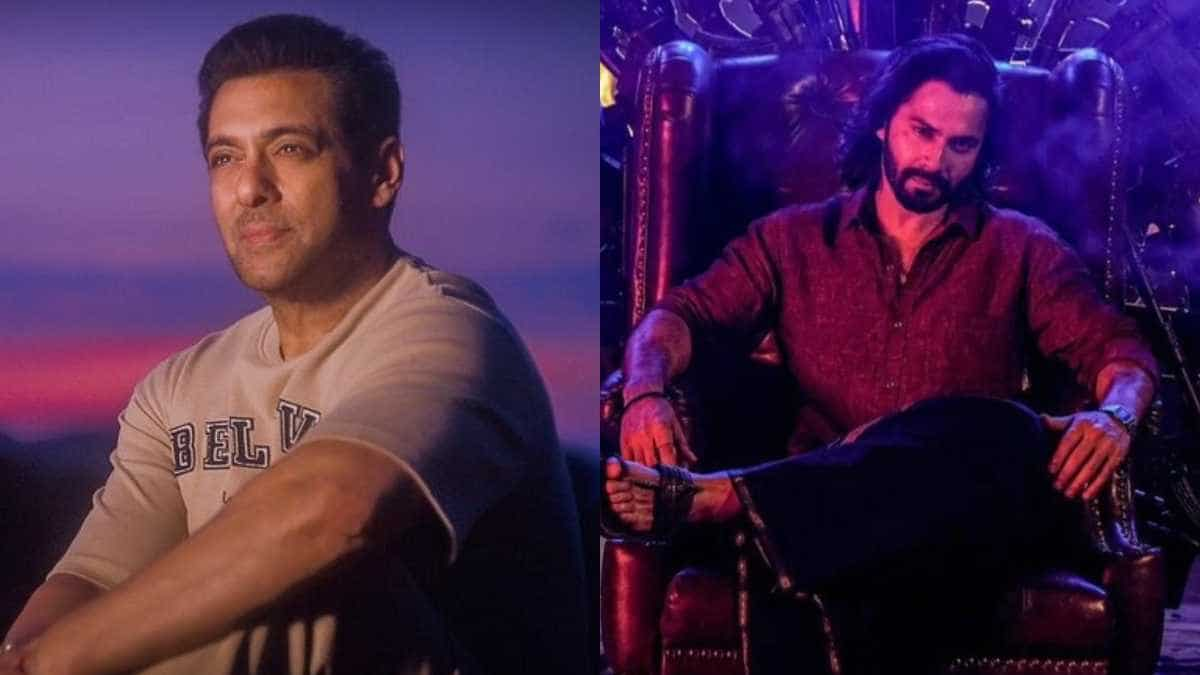
Exploring Eid in old Bhopal: Where ancient Mughal architecture, historic markets and time-honoured food shops unite
5 months ago | 30 Views
Eid-ul-Fitr is indeed one of the most significant festivals for Muslims, celebrated with great fervour worldwide. In India, where diverse cultures and traditions converge, each region adds its distinct customs, making the celebration truly unique. Bhopal, with its population of over 4.5 lakh Muslims according to the 2011 census, observes Eid with a blend of its own cultural heritage. In the City of Lakes, Eid festivities unfold vibrantly, especially in the old quarters of Bhopal, such as Chowk Bazaar, Ibrahimpura, Nadeem Road, Lakherapura, Itwara, Budhwara, and Jahangirabad. These areas have been hubs of the city's Muslim population for generations. Nestled near the Bhojtal, also known as Upper Lake, the streets of old Bhopal boast magnificent Mughal architecture and historic mosques, echoing the city's rich history and traditions.
During Eid, as you step into Chowk Bazaar, the narrow lanes teeming with crowds, the air infused with the fragrance of feni, colourful roadside stalls selling bondi, and the bustling clothes shops adorned with sparkling attires will greet you. The excited faces of people engrossed in Eid shopping amidst the market adorned with lights and Islamic flags, along with the reverberating sound of the Azaan, are sure to evoke a sense of festive spirit. Ashwaq, an auto driver who has been living in old Bhopal for the past 20 to 25 years, says that what he loves most about Eid is going to Jama Masjid and offering namaz with his friends and family, which is often not possible in their busy lives. He is happy to get a break from his mundane life and spend time with his family as he finishes his last ride of the day.

Located nearly 1.5 km from Chowk Bazaar is the historic Taj-ul-Masajid, the largest mosque in India and one of the largest in the world. Upon entering the mosque, one is transported back in time by the stunning Mughal architecture, featuring stone pillars, intricate jali work, and ceilings adorned with beautiful carvings, sure to evoke a sense of awe. Masod, who has been working at Taj-ul-Masajid for over three decades, says, “My day feels incomplete if I miss coming to the mosque, even for a day. The serene atmosphere here calms my heart and mind.”

Its name, 'The Crown of Mosques', is truly fitting, given the stunning architecture of pink walls and white domes that adorn this remarkable monument. The original structure of the mosque was built approximately 150 years ago, and what makes it truly unique is that it was constructed by a woman, not a man. The construction work commenced during the reign of the Mughals, initiated by Nawab Shah Jahan Begum of Bhopal. It was further expanded and completed by her daughter, Sultan Jahan Begum, during her lifetime.

Approximately 2 km from Taj-ul-Masajid lies Itwara Bazaar, filled with old shops that have been running for generations and are famous for their original taste. One such shop is Haji Hotel Lassi And Faluda, renowned worldwide for their lip-smacking offerings. The faluda served here is unlike any other; it comes in a steel glass and is topped with rose syrup, chia seeds, and creamy milk, making its fragrance all the more tempting. It is accompanied by a separate steel bowl filled with crushed ice infused with rose essence and malai.

Mr. Masod, the owner of the shop, whose grandparents started the business years ago and is now being run by his grandchildren, sits at the large wooden table and observes people enjoying their lassi and faluda. He shares that during Eid times, it becomes difficult to find even one spot in his shop as crowds emerge, especially late at night.

The markets bustle with activity during the daytime, but they truly come alive as night falls, drawing people out of their homes for a stroll along the vibrant streets with their families. Since Eid often falls in summer, it also provides relief from the heat. Mohammad Owaisi, who resides in Ashta, says, “What I love most about Eid is coming to Bhopal every year for shopping. There's something special about these markets that makes the whole experience truly unique and enjoyable.”

Visiting the old city of Bhopal during Eid imparts a sense of calmness. Amidst the ancient buildings, historic shops, and the nostalgic old-world charm of the ancient street markets, it feels like taking a leisurely walk, offering respite from the otherwise fast-paced life. To truly immerse oneself in the essence of any festival, one must step away from the comfort of air-conditioned chambers and lavish shopping malls, and instead, venture into the old markets of the city, where the true essence of festivals resides.
Read Also: spectator by seema goswami: 99% perspiration, 1% vacation





















